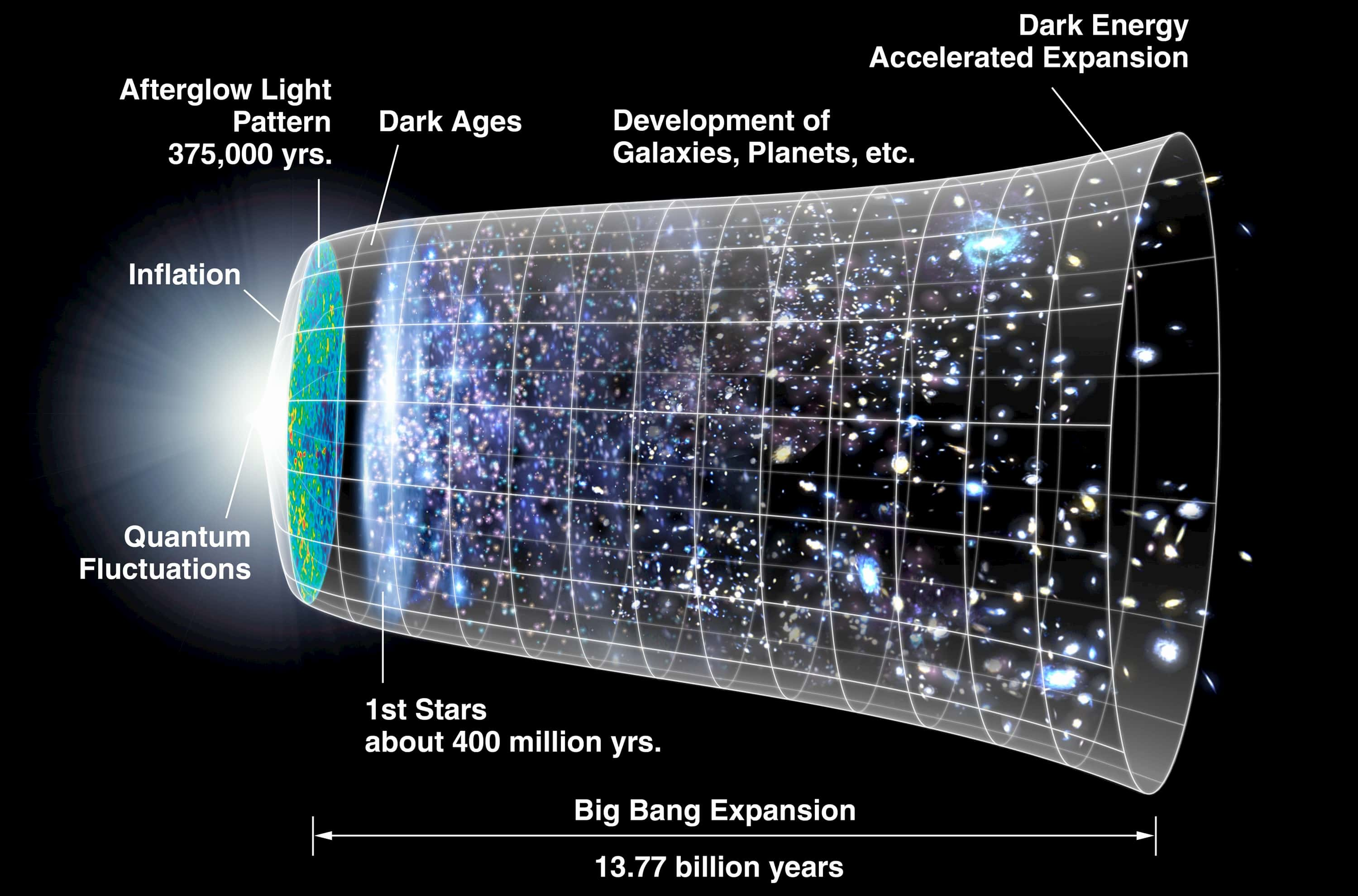Dark Energy: New Insights from DESI Collaboration Findings
Dark energy is a mysterious force that permeates our universe, driving its accelerated expansion and challenging our understanding of cosmology.Recent findings from the international Dark Energy Spectroscopic Instrument (DESI) collaboration, involving leading researchers like those from Harvard, indicate that this enigmatic energy, often described as a “cosmological constant,” may be evolving.





